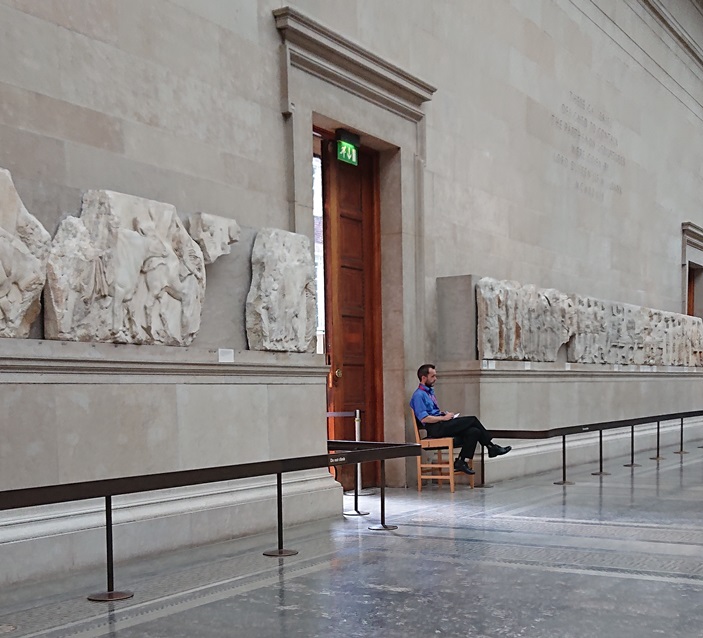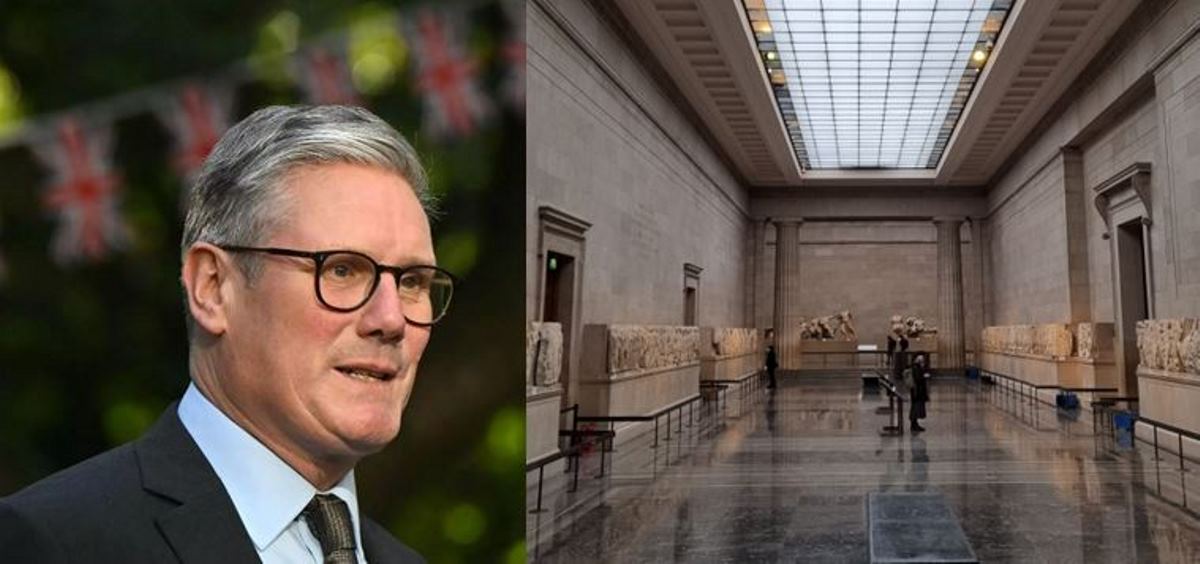Following the discussion of a draft resolution brought to the United Nation’s General Assembly , the resolution for the "return or restitution of cultural property to the countries of origin” was adopted on Thursday, 13 December 2018.
This is viewed by many as a victory also for the long dispute with the United Kingdom over the issue of the Parthenon marbles which were removed by Thomas Bruce, the 7th Earl of Elgin from 1800-1803.
As the official announcement issued by the UN notes, "by its terms, the Assembly calls upon all relevant bodies, agencies, funds, and programmes of the United Nations system to continue to address the issue of return or restitution of cultural property to the countries of origin and to provide appropriate support accordingly”.
The resolution on the return of cultural property to the countries of origin deplores damage to the cultural heritage of countries in situations of crisis, conflict and post-conflict, in particular, recent attacks on world cultural heritage sites, and calls for an immediate end to such acts.
It calls on all member states in a position to do so to assist the affected states in combating trafficking in cultural property, including through international cooperation in the return or restitution of stolen or illicitly exported cultural property.
The resolution welcomes the most recent efforts made by the United Nations Educational, Scientific and Cultural Organization for the protection of the cultural heritage of countries in conflict, in particular in Iraq and Syria, including the safe return to those countries of cultural property and other items of archaeological, historical, cultural, rare scientific and religious importance that have been illegally removed.
The resolution urges member states to introduce effective national and international measures to prevent and combat illicit trafficking in cultural property.
It urges all member states to take appropriate measures to ensure that all actors involved in the trade of cultural property are required to provide verifiable documentation of provenance as well as export certificates, as applicable, related to any cultural property imported, exported or offered for sale, including through the Internet.
It encourages all member states to establish specialised police units exclusively dedicated to the protection of cultural heritage to investigate cases of trafficking in cultural property, and a national stolen works of art database directly connected with the corresponding Interpol database.
The resolution asks member states to consider establishing and developing national, regional and international databases inventorying cultural property and encourages them to enhance the exchange of information.
More on this here and for the 2015 resolution, read here.






Comments powered by CComment